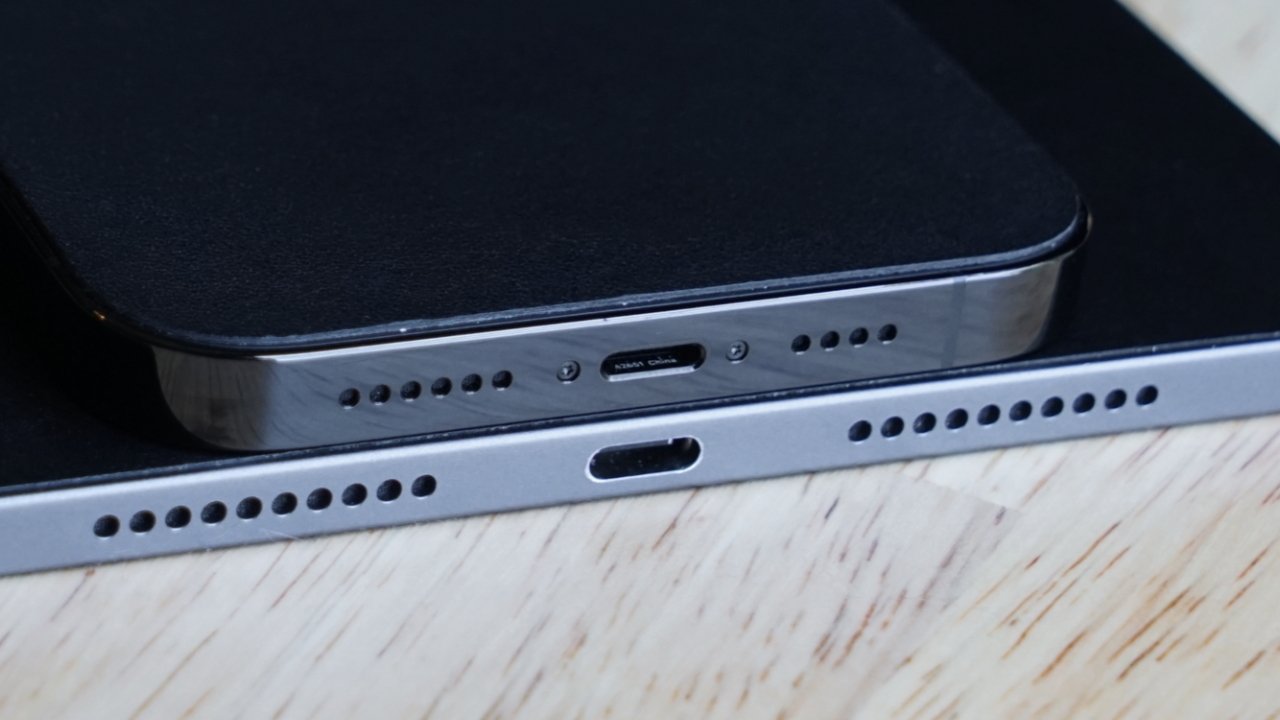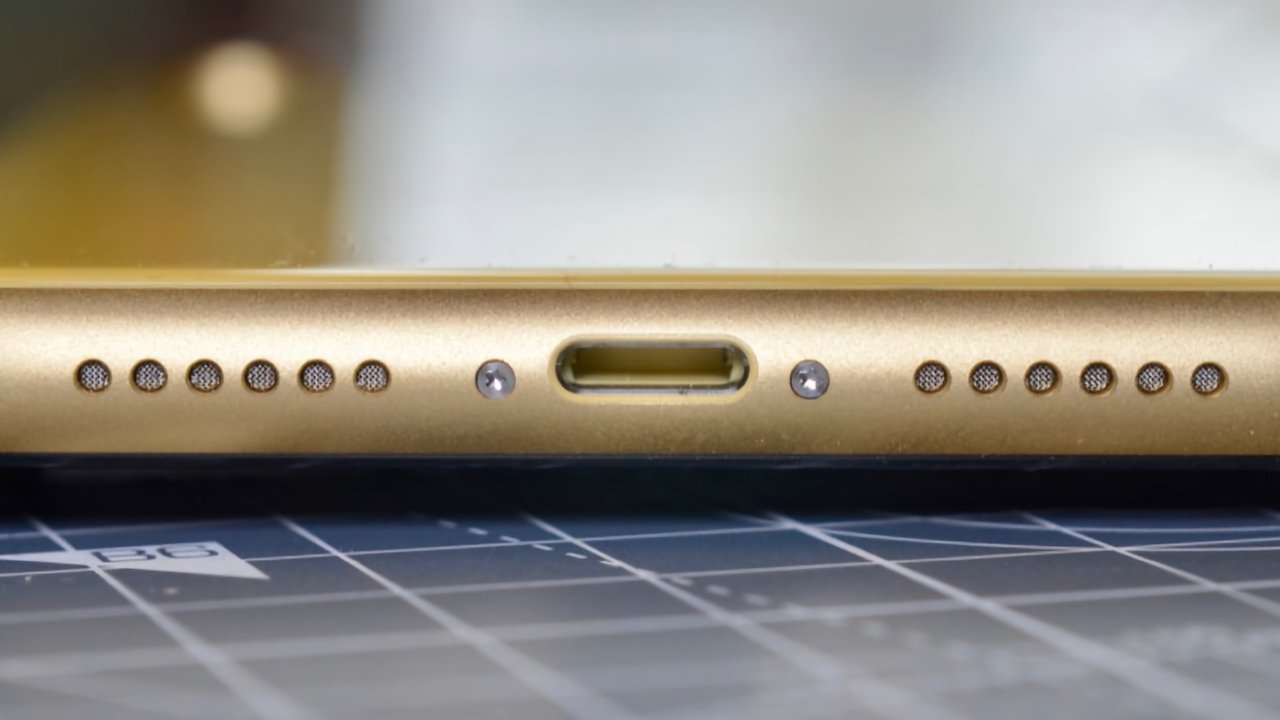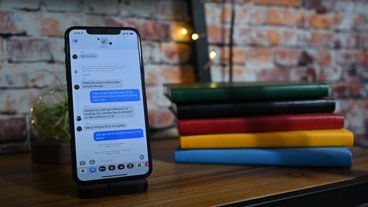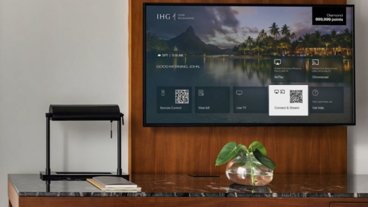USB-C on iPhone is good - but not as an excuse for a bad law
A single charger for a modern set of iPhone and iPad would be great, but the way the EU has decided to force the issue is short-sighted and its law is a poor compromise.
The European Union is, in theory, a force for good across Europe — just ask anyone in Britain now they've found out how much the EU used to do for that country. But it is still a political bureaucracy and it is still capable of making incredibly poor decisions, such as its new requirement for USB-C.
Apple protested the plan, and lost anyway. It can still turn this from a defeat into a possibility of a win.
Decisions and the short term
What the new law was specifically created to do was to reduce the amount of electronics or e-waste being created by there being a range of incompatible chargers. Users might get a new charger with a new phone, they might buy a new one when they change phones, but either way, there's a lot of chargers in the world, and a lot of cables.
That was another issue, the surfeit of chargers and cables that EU lawmakers complain are incompatible. According to them, people are so incompetent, that borrowing a friend's charger will indubitably suffer from the scourge of incompatibility. As well as e-waste, then, the EU wants to relieve the populace of this burden, by legislating any inconvenience over chargers out of existence.
It may succeed in one of those. If all goes to the EU's plan, and its timetable, then at some point no new smartphone user will need think about what cable they need.
Except the EU expects companies to move to USB-C and for this to remove user confusion. Even now, though, USB-C is already a confusing mess of speeds and standards, and that isn't going to improve just because the USB-C governing body really wants every firm to label their cables better.
Admittedly, it's less of an issue on mobile given the relatively lower power demands. Still, that labeling and lack of clarity on what cable can do what will make a difference to folks trying to transfer data across the cable to or from the device.
And of course as Apple itself has pointed out, the EU law will create more e-waste in the short term.
For instance, accessories that use Lightning cables do get a pass because they were bought before the law comes into force. Yet if users have moved to USB-C cables by then, they'll either end up discarding the accessories and creating more e-waste, or they'll continue having the confusion of incompatible cables for a long time.
There is an argument that an increase in e-waste in the short term is worth it if it means we never again see the current volumes of it. If we accept an e-waste rise today, maybe tomorrow things will settle down to better than they were.
The trouble with this is that, even if correct, it will take years before we can see a real reduction in e-waste, because Lightning and Lightning accessories are everywhere. To see an older example of this, every thrift store that we've been in for the last five years has been awash with 30-pin clocks and the like.
It's no longer a short-term issue then, it's long term - and long term has its own problems.
Long term problems
Lightning was better than the old 30-pin charging standard and, for most situations, USB-C is better than Lightning. Each was excellent in its day, but days pass. USB-C could at some point be superseded by a charging cable standard that is dramatically be better and it seems that's going to be tough luck.
USB-C is 10 years old. At about the same time that USB-C launched, there were movements to standardize on micro USB.
The EU has stated that its new law is a "future proof" one, and it has explicitly said that it "allows for the development of innovative charging solutions in the future." But the law is predicated on USB-C and all references to future technologies are feeble.
Chiefly, the full working EU document makes gestures toward how future technologies could be negotiated, and then keeps presuming that future options will be wireless. Specifically, the EU refers repeatedly to a need to "harmonize interoperability requirements" for wireless charging — meaning that it isn't covered under this law yet.
That would suggest that there would have to be a new law covering wireless, and given how the new wired one has taken a decade to reach this stage, it could be in the 2030s before there is one.
Plus there is already a harmonized wireless standardard. It's called Qi, and even Apple's own MagSafe is based on it.
So a new law about a common wireless charging standard would be pointless, yet the EU continues to press for it. Money will be spent, legislative time will be spent, research will be undertaken, and it will be years of totally worthless time wasting.
There are parts of the new law that feel like they could either be down to the lawmakers being technologically uninformed, or more likely that they've been negotiated down through politics. Using this new law to lead into one about wireless charging is simply ignorant.
Apple's issue
The EU did not explicitly target Apple with its new law, but it might as well have, because it is the company most affected by it. As well as the iPhone, the EU law covers devices such as keyboards, trackpads, and mice that Apple currently uses Lightning for.
Apple could drag its feet and perhaps pay fines, but at some point it will have to adopt USB-C on iPhones — unless it goes for an all-wireless edition first. On the other hand, it's hard to ever see the Apple Magic Trackpad becoming wireless, but it too — if it ever gets a new version — will have to be USB-C.
What's easier to see is Apple taking advantage of another aspect of this new law. It might have to be challenged in court eventually, but strictly speaking the new law appears to mean Apple could stop including charging cables with iPhones.
The company has already stopped including chargers, but it could now remove the included cable. It could switch the iPhone to USB-C and then not include a USB-C cable, instead making it a separate purchase.
That might even count as good in the eyes of the EU, who might argue that people will therefore only get new cables because they elect to buy them.
And it would benefit Apple financially because losing the cable means a yet smaller box, after the cut in size after it stopped supplying an AC to USB charger. Apple saves on the size of packaging, and the weight, even by ounces, so therefore it saves a lot on transport costs.
Apple could conceivably produce a Lightning to USB-C adapter that it then sells separately, with the cable and charger. There is precedent for this as until a change in the law, the French government made Apple bundle wired headphones.
Depending on how it was bundled with the iPhone, a separate charger and cable could meet the law's requirements in Europe, make Apple some extra cash, and not mean a change for anywhere else in the world.
USB-C iPhones in America
Possibly, Apple could carry on using a Lightning port for the US and everywhere else but the EU. It's perhaps more likely that Apple would move all its iPhones to USB-C for the iPhone 16 — although America's closest bill to this new EU law does not specify USB-C. Still, no company wants to have to produce different versions of its hardware products in different countries, but many do — and Apple already chooses to.
Apple is even increasing how much it does that, with European iPhones lacking mmWave 5G, for instance, and now US models abandoning the SIM — and the SIM tray.
But if Apple does elect to make a US iPhone with USB-C charging, it also has the political advantage that it can say it's all the EU's fault. Hopefully Apple is too classy to do that, and anyway it's not very persuasive argument outside of the EU, but it's possible.
So Apple could dodge some of the regular criticism it gets about proprietary cables. Apple could possibly make some money out of bundling chargers and cables separate, plus it would then also save on freight costs.
It's not as if Apple will relish this new law. The new law in the EU is both a short-term and long-term lemon, yet it's possible Apple will make a little lemonade.
 William Gallagher
William Gallagher












 Wesley Hilliard
Wesley Hilliard
 Amber Neely
Amber Neely



 Malcolm Owen
Malcolm Owen









